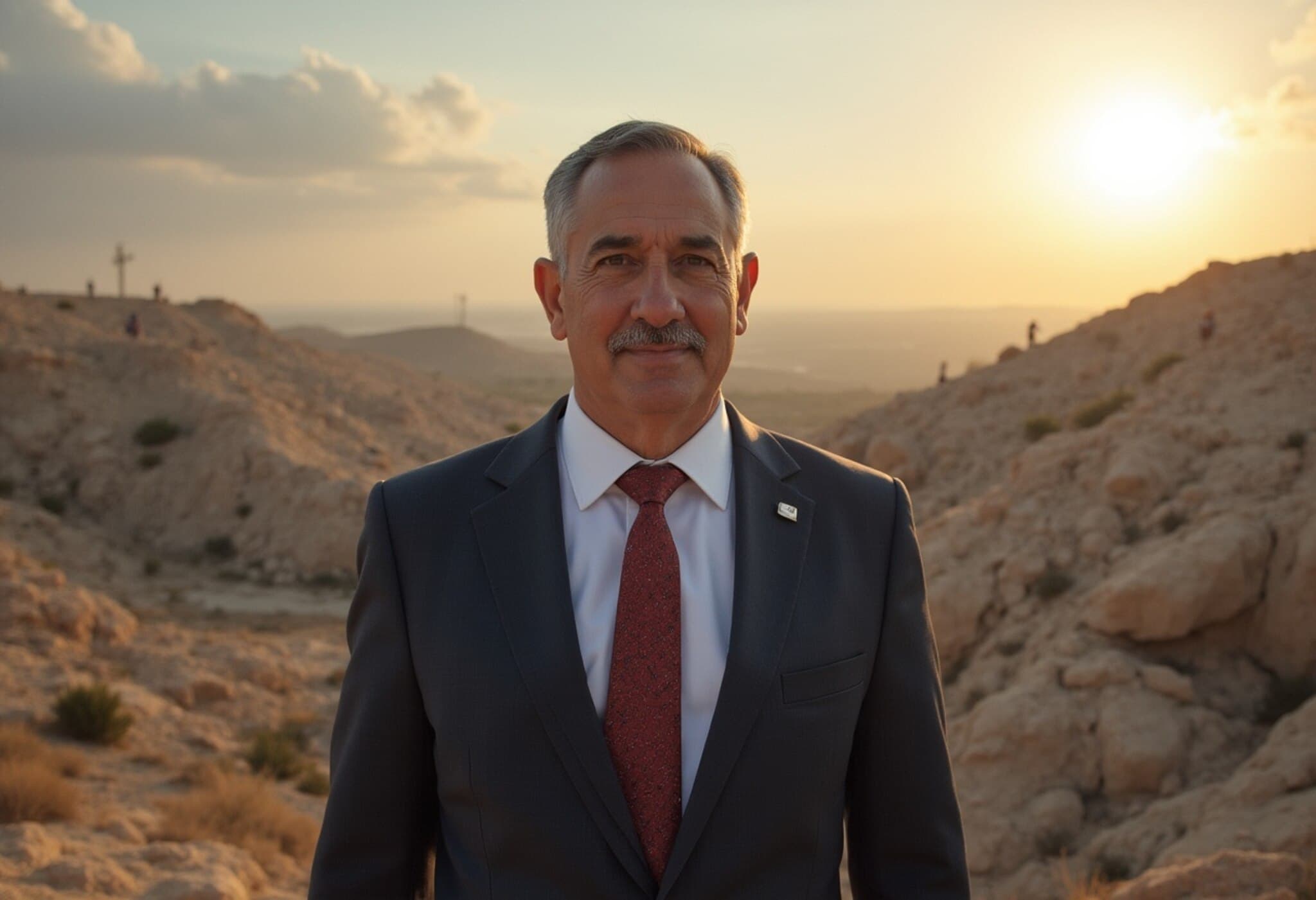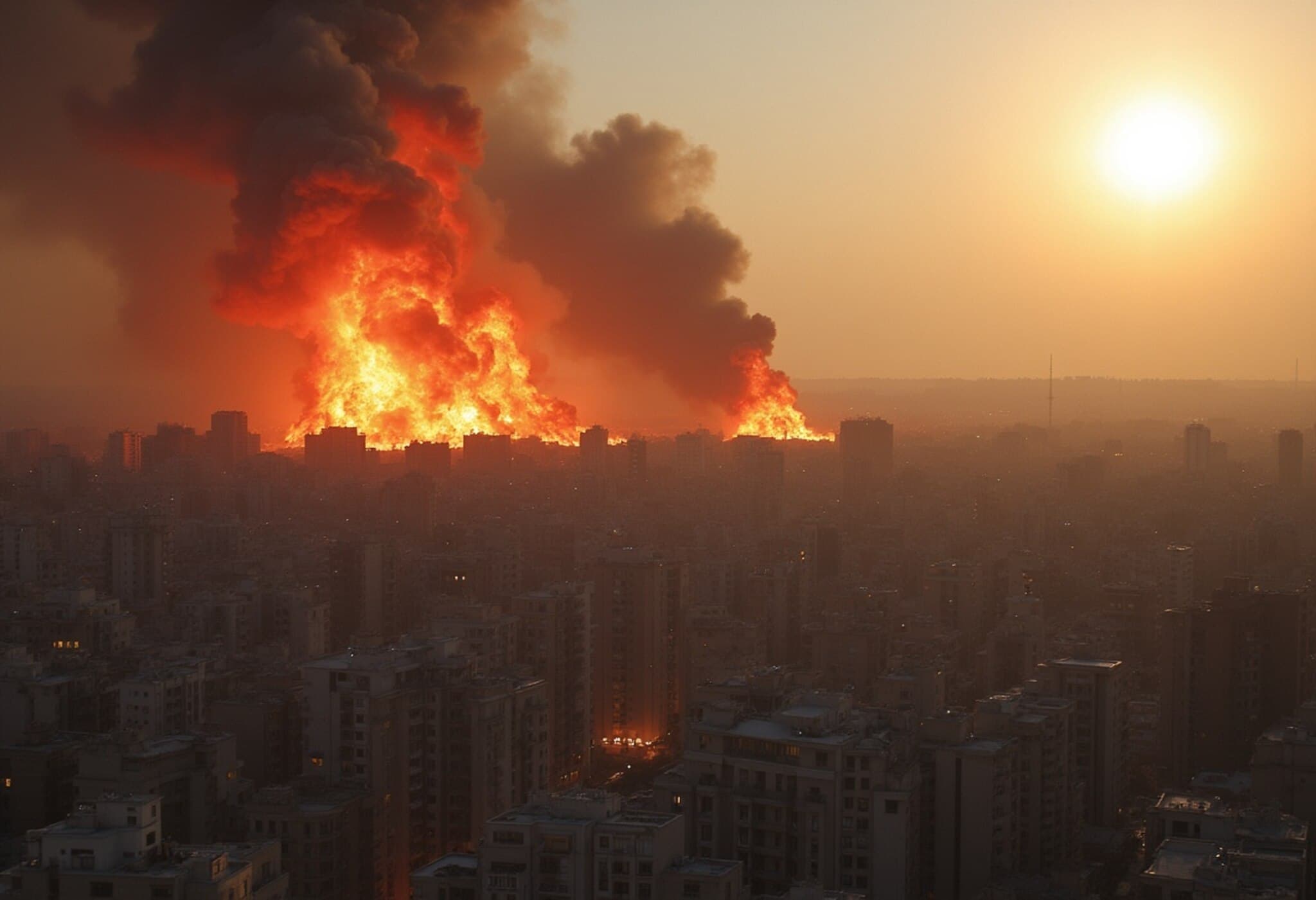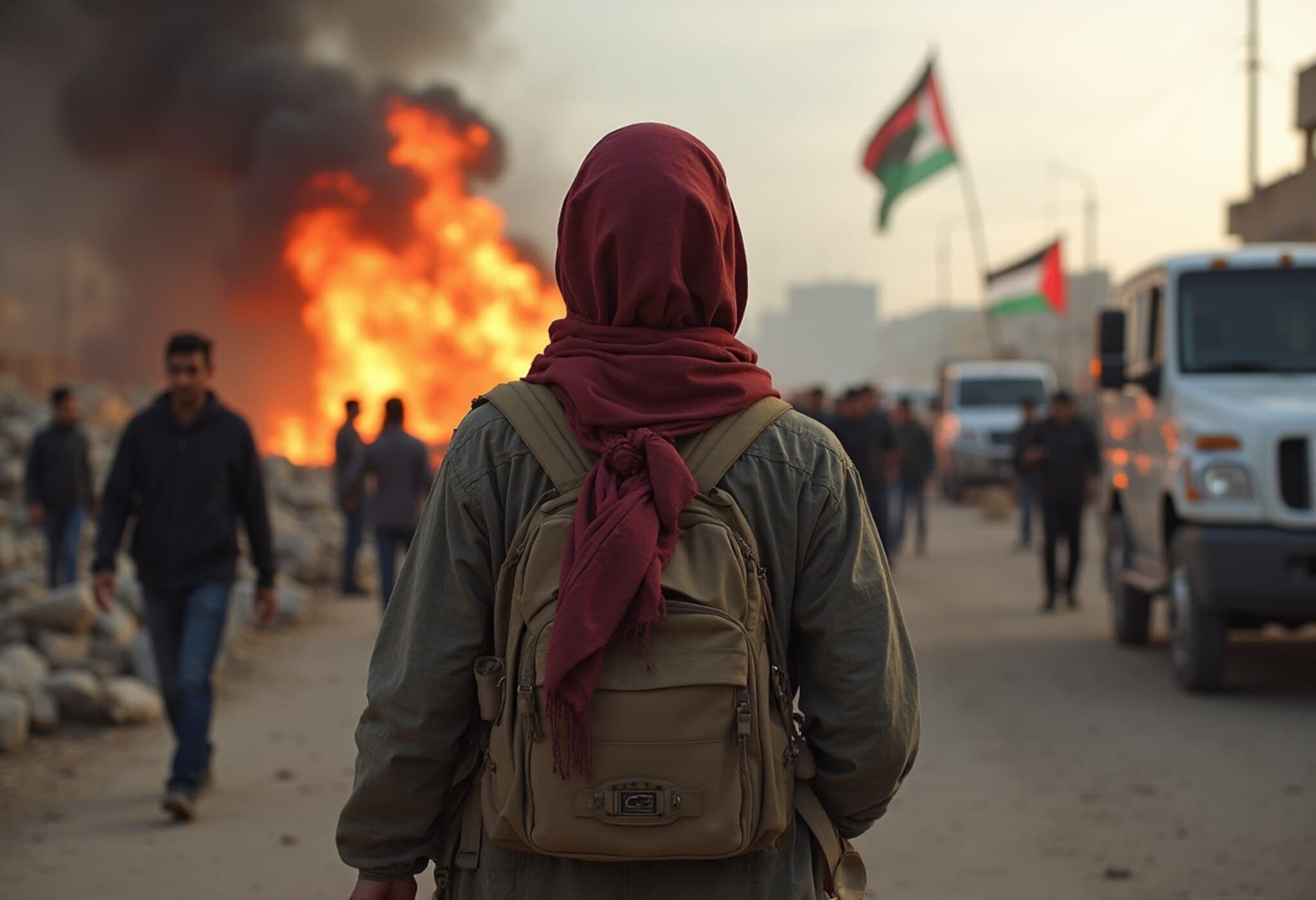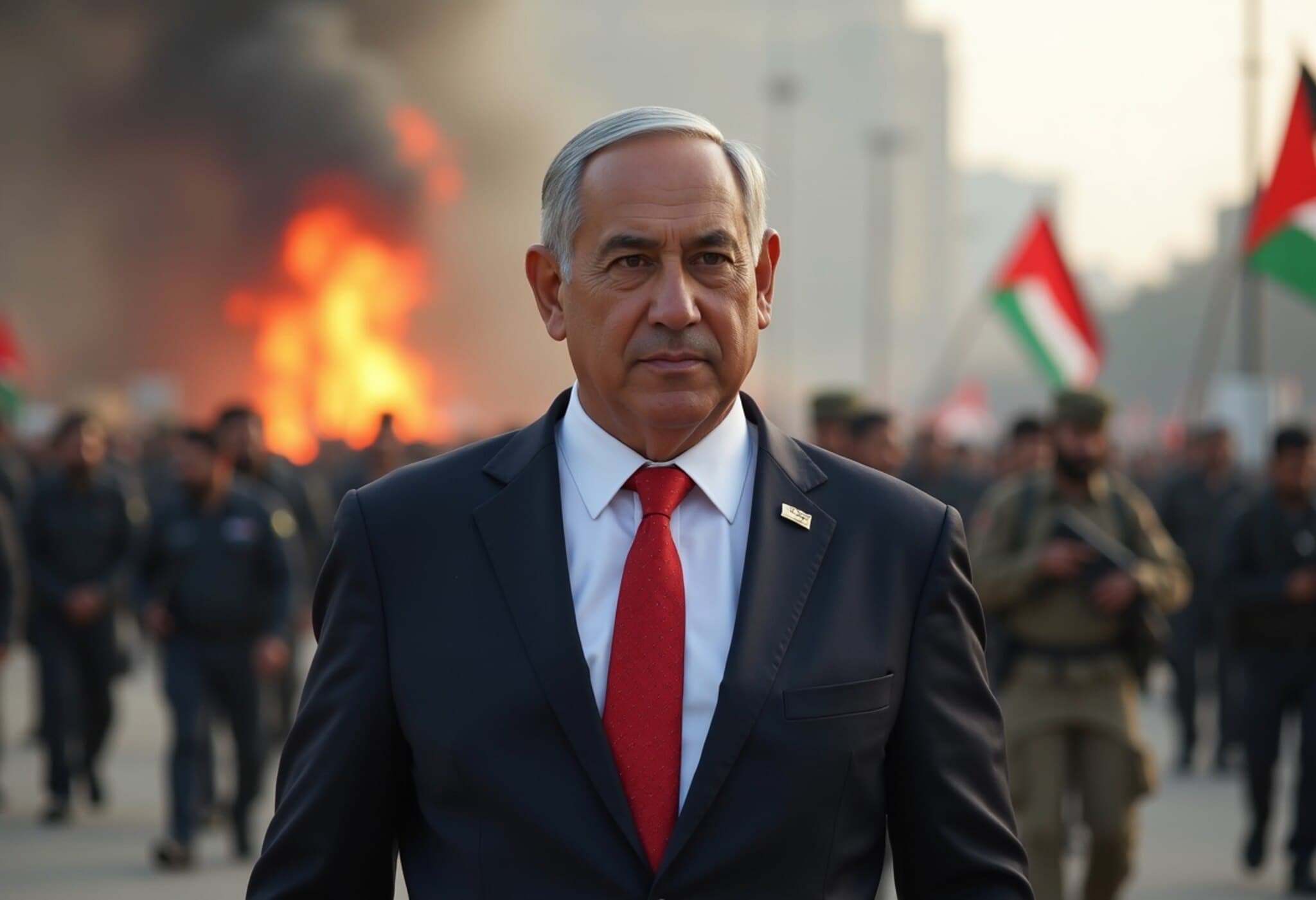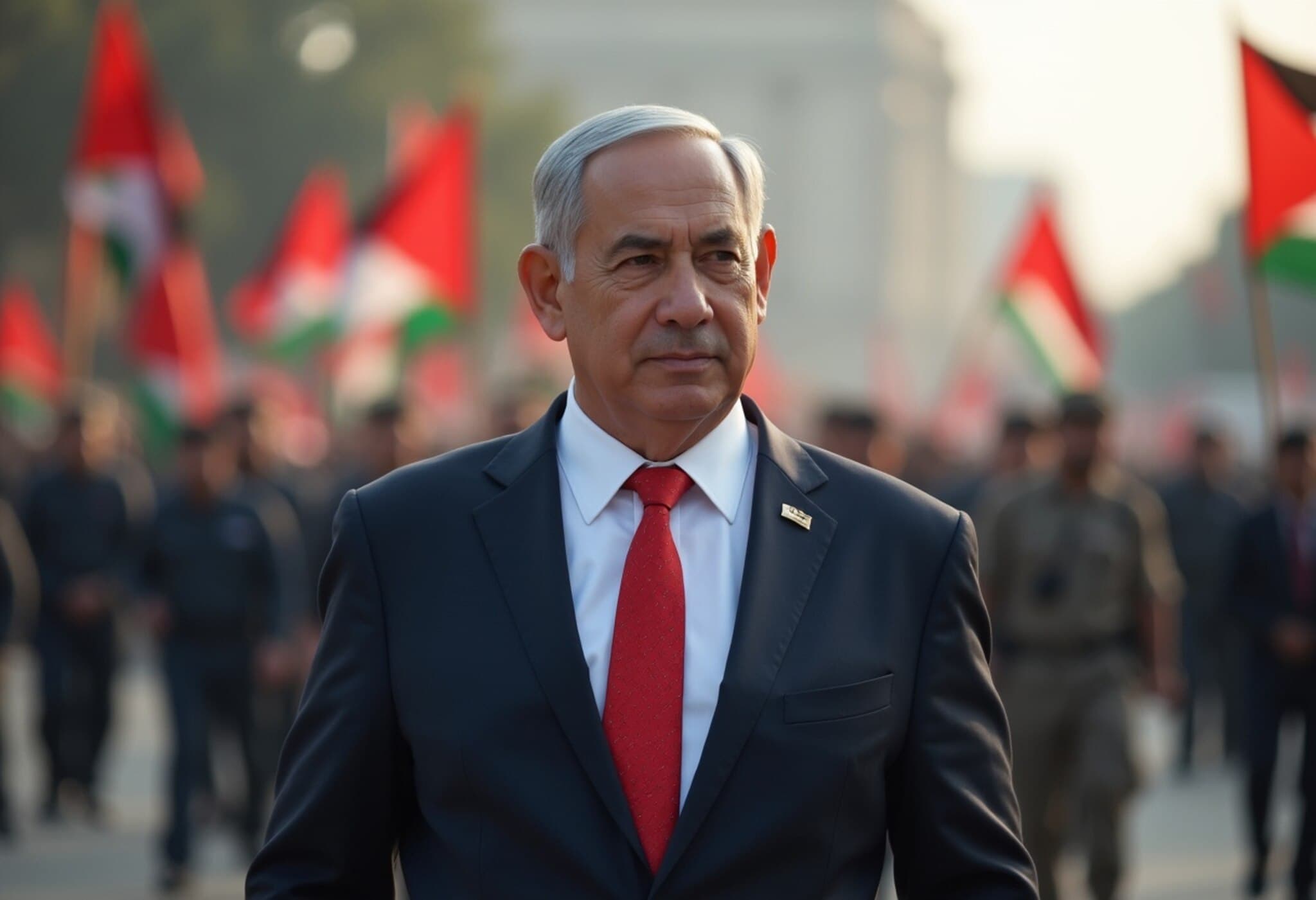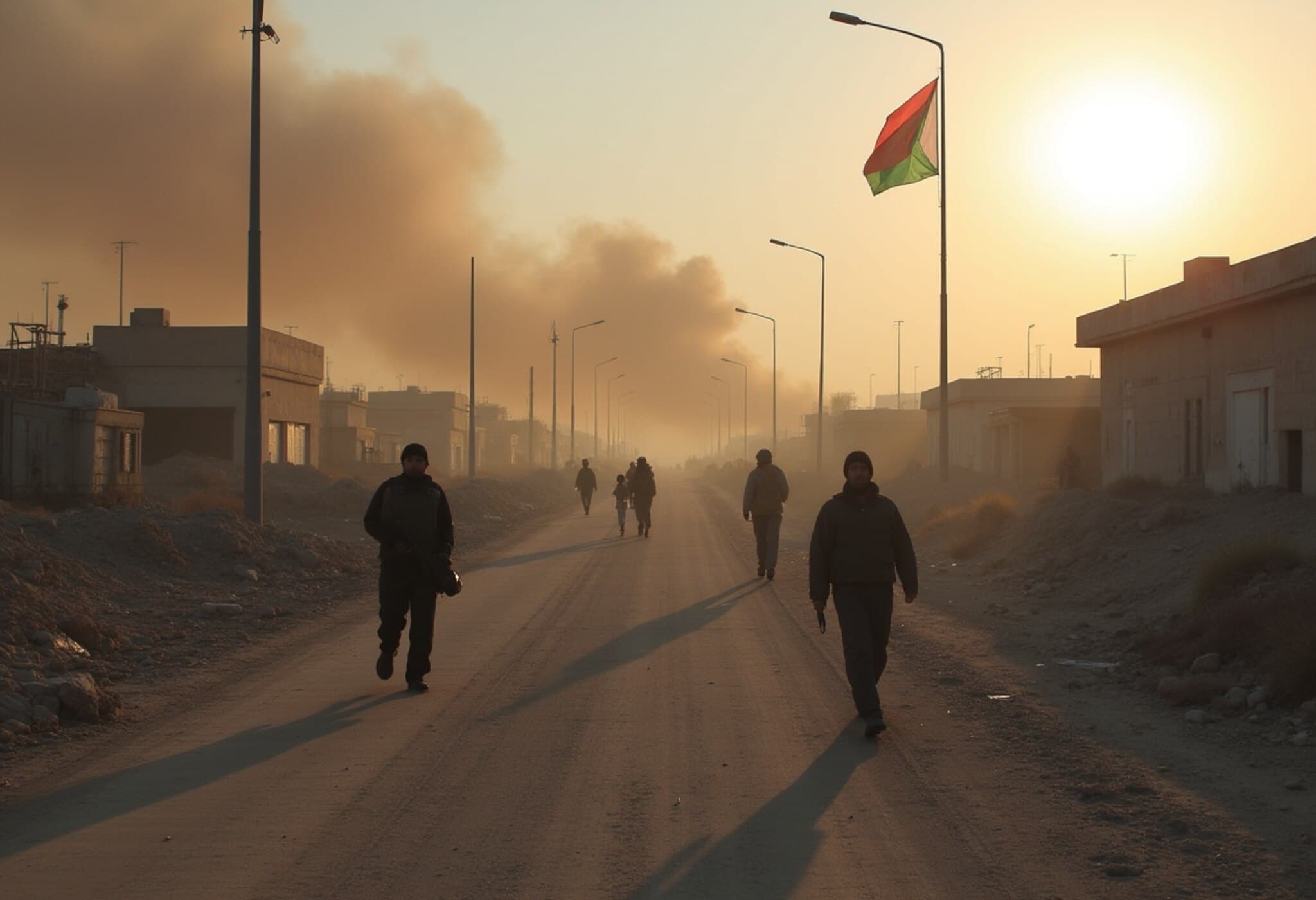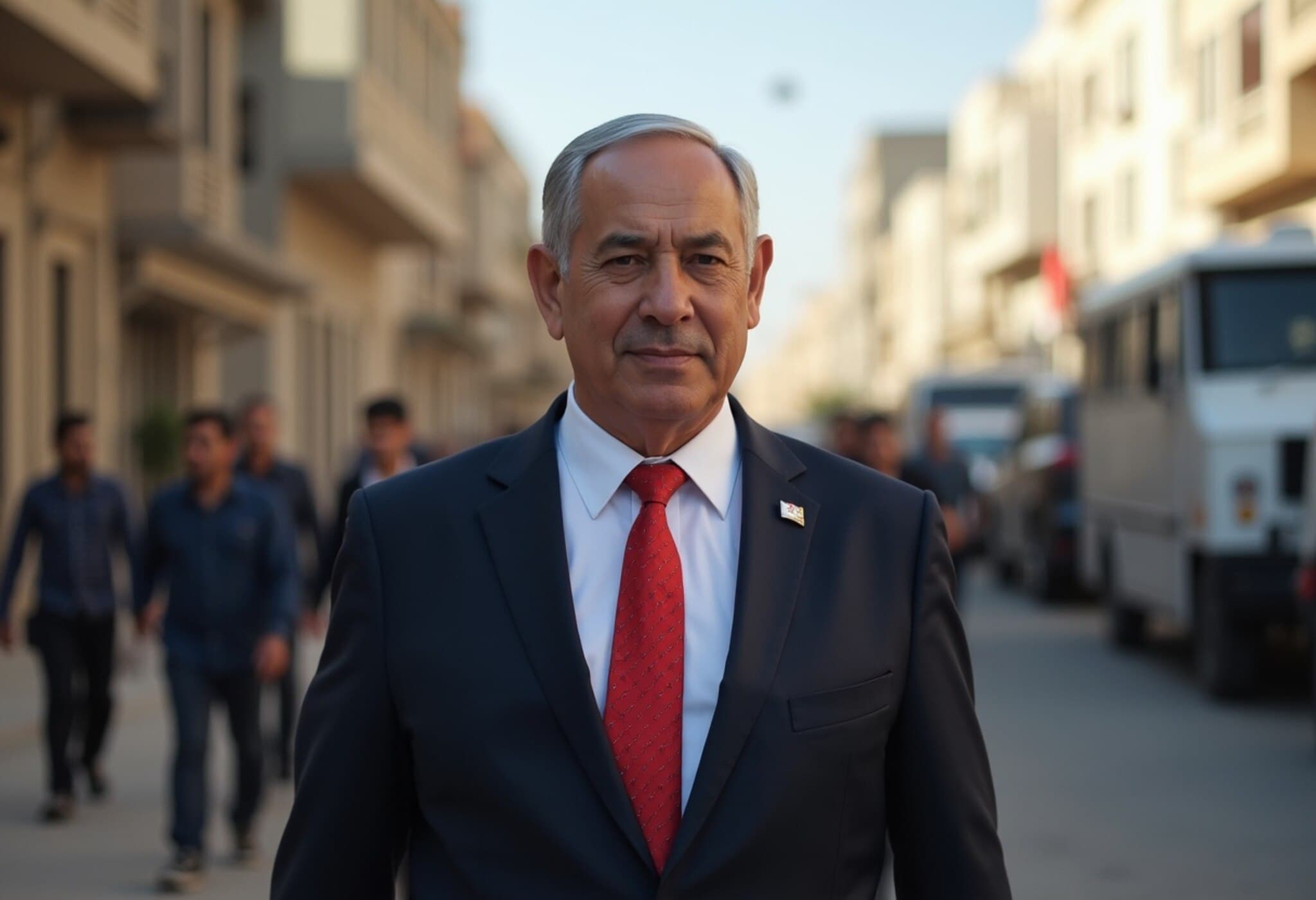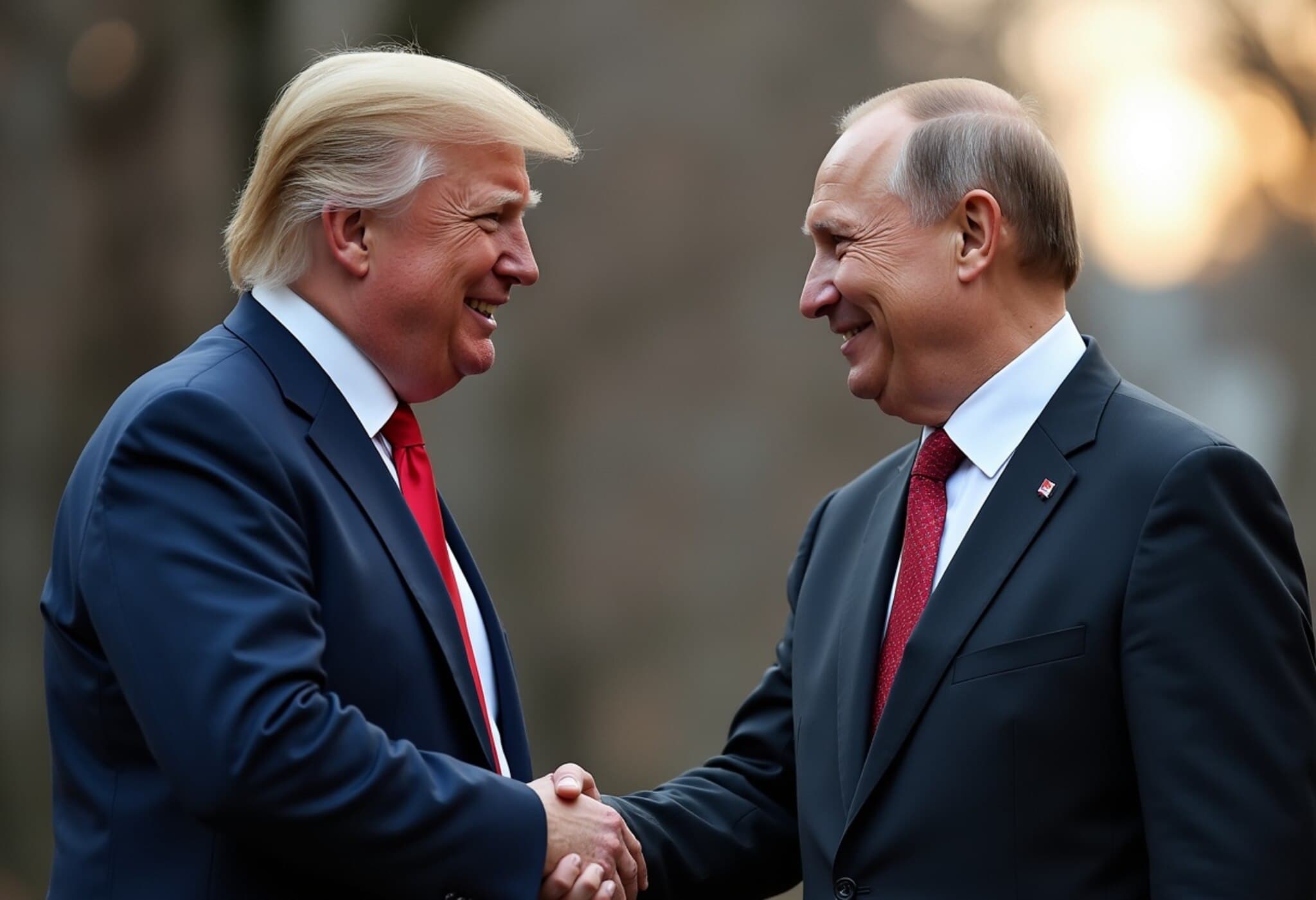Israel’s Controversial E1 Settlement Plan Moves Forward Amid Global Criticism
In a move that is poised to deepen one of the most contentious issues in the Israeli-Palestinian conflict, far-right Israeli Finance Minister Bezalel Smotrich has greenlit plans for the expansion of a settlement in the highly disputed E1 area. The initiative, if realized, would effectively split East Jerusalem from the West Bank, an action many analysts warn could shatter any realistic prospect of a two-state solution.
What is the E1 Plan and Why Does it Matter?
The E1 project, first proposed years ago but subsequently frozen due to international opposition, aims to construct approximately 3,400 new housing units linking the Maale Adumim settlement to Jerusalem. Such development threatens to cut the West Bank into separate northern and southern enclaves, complicating Palestinian aspirations for East Jerusalem to serve as their capital.
This plan has long been recognized by the international community as a strategic red line. For decades, a vast majority of global powers including the United States, European Union, and many others have expressed that construction here imperils the feasibility of a contiguous, sovereign Palestinian state.
Political Stakes and Ambiguity
Despite Smotrich’s announcement, it remains unclear whether Prime Minister Binyamin Netanyahu and the broader Israeli cabinet officially support reviving the E1 development, which has been frozen since 2012. The government’s silence adds an additional layer of uncertainty to the already tense political landscape.
Smotrich’s decision also comes at a time when his political influence appears to be waning, with recent polls indicating his party may fail to secure seats in any upcoming parliamentary elections. Nevertheless, his push on this project signals a bold and uncompromising stance on settlement expansion.
International Response and Regional Impact
- Peace Now, a prominent Israeli NGO monitoring settlements, condemned the move as “deadly for the future of Israel” and called it a direct threat to peace efforts.
- Britain, Canada, Australia, and New Zealand recently imposed sanctions on Smotrich and another far-right minister, citing their roles in fomenting violence and aggressively advocating settlement growth.
- Concerns are mounting that accelerating settlement activity, particularly during ongoing conflict in Gaza, is exacerbating tensions and violence across the West Bank.
Experts warn the E1 plan’s implementation could alter facts on the ground irreversibly, effectively sealing off Palestinian communities and undermining decades of diplomatic efforts.
Legal and Humanitarian Context
International law, including United Nations resolutions, broadly considers Israeli settlements in the occupied West Bank illegal. The expansion within E1 not only conflicts with those legal standards but also threatens the human rights and livelihoods of thousands of Palestinians living in nearby areas.
As construction processes require further governmental approvals, including from Israel’s High Planning Council, the timeline remains uncertain. However, infrastructure work could commence within months if approvals proceed, making tangible the geopolitical shifts many fear.
Expert Insight: The Domino Effect of Settlement Expansion
From a strategic policy perspective, this development represents a significant challenge to American and international peacemaking efforts in the region. The U.S. administration’s previous objections to E1 highlighted concerns about jeopardizing its facilitation role in Israeli-Palestinian negotiations.
Moreover, the settlement push comes amid fragile regional dynamics, potentially influencing broader Middle East peace initiatives and U.S. foreign policy calculations at a critical juncture.
Looking Ahead: What Does This Mean for Peace?
The E1 settlement plan underscores a troubling reality — that unilateral actions continue to undermine trust and viability of negotiated solutions. While supporters argue such moves reaffirm Israel’s security and sovereignty, detractors see them as deliberate obstacles to Palestinian statehood and regional stability.
The international community now faces pressing questions: What diplomatic tools remain effective in halting settlement expansion? And how will this affect the everyday lives of Palestinians caught in the ensuing geopolitical crossfire?
Editor’s Note
The revival of the E1 settlement project encapsulates the deep-seated complexities of the Israeli-Palestinian conflict, exposing fault lines in diplomacy, security, and human rights. As new housing developments threaten to redraw borders, it’s crucial for policymakers and the public to critically assess the long-term consequences of such actions. Will this push propel peace efforts forward by altering realities on the ground, or will it deepen divisions and entrench conflict further? The unfolding situation demands close monitoring and nuanced engagement from all stakeholders.

